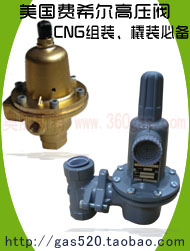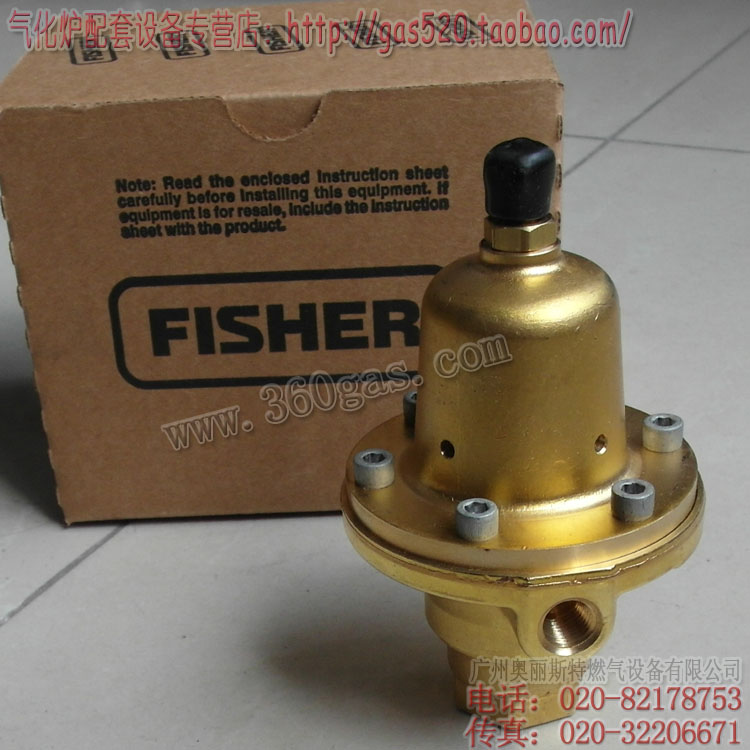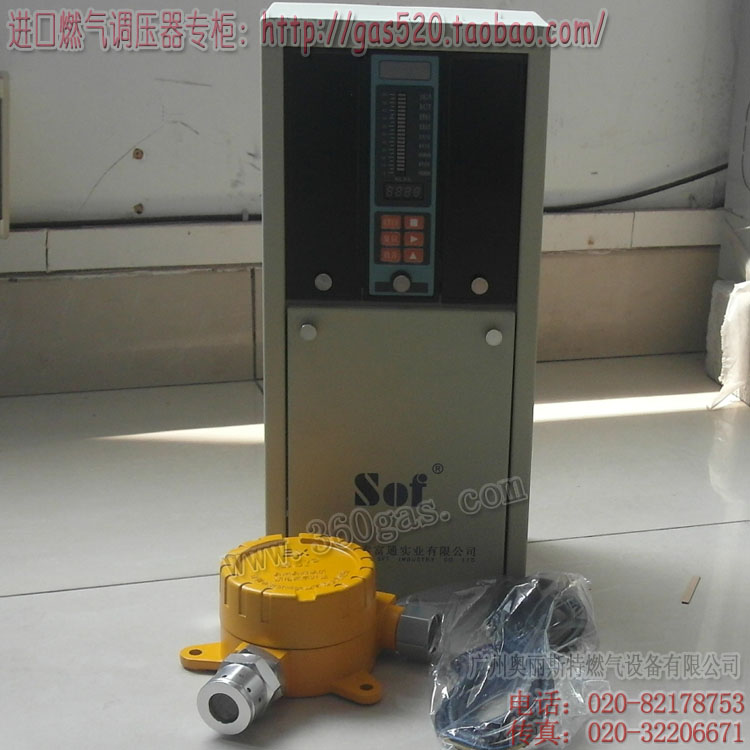位置:首页 > 燃气资讯 > Action Plan for H2
Action Plan for H2 Refuelling Network in Germany
浏览次数 778 , 日期 2013-10-09 , 燃气设备 加入收藏
The six partners in Germany’s “H2 Mobility” initiative – Air Liquide, Daimler, Linde, OMV, Shell and Total – have defined a specific action plan for the construction of a nationwide hydrogen refuelling network for fuel cell powered electric vehicles. By the year 2023 the current network of 15 filling stations in Germany’s public hydrogen infrastructure shall be expanded to about 400 H2 filling stations.
As a first step the deployment of 100 hydrogen stations in Germany over the next 4 years is intended. This would ensure a need-related supply for fuel cell powered electric vehicles to be introduced into the market in the next years. An agreement in principle has been signed by representatives of all the partners involved.
In addition to plans for a nationwide filling station network, the agreement includes the principles for the procurement and distribution of the necessary hydrogen and a request for support to the German Federal Government. Following the foundation of a joint venture (subject to necessary regulatory approvals), gradual expansion of the national filling station network will commence next year. The objective is to offer an H2 station at least every 90 kilometres of motorway between densely populated areas.
The launch of fuel cell powered production vehicles on the German market is planned for 2015. In addition to attractive procurement and operating costs for the vehicles, a need-related number of H2 filling stations is one of the major preconditions for market success. Accordingly the planned “H2 Mobility” joint venture will work closely together with the automobile industry.
(Source: Daimler)
The Clean Energy Partnership (CEP) with its members* and others** welcome the infrastructure development. With the support of the federal government the CEP tests fuel cell electric vehicles and their refuelling. The interface to the federal government in both cases is the National Organization for Hydrogen and Fuel Cell Technology (NOW).
Professor Dr. Thomas Weber, Member of the Board of Management of Daimler AG, Group Research & Mercedes-Benz Cars Development: “Hydrogen is the most common element in the Universe. However, filling stations for this environmentally friendly alternative fuel are still scarce. The “H2 Mobility” initiative wants to change this. By 2023 there should be more hydrogen filling stations in Germany, than there are conventional petrol stations along the Autobahns today. With this, we create step by step a comprehensive infrastructure for the everyday use of fuel cell technology.”
*Members of the CEP: Air Liquide, BMW, Daimler, EnBW, Ford, GM/Opel, Hamburger Hochbahn, Honda, Hyundai, Linde, Shell, Siemens, Total, Toyota, Vattenfall Europe and Volkswagen
As a first step the deployment of 100 hydrogen stations in Germany over the next 4 years is intended. This would ensure a need-related supply for fuel cell powered electric vehicles to be introduced into the market in the next years. An agreement in principle has been signed by representatives of all the partners involved.
In addition to plans for a nationwide filling station network, the agreement includes the principles for the procurement and distribution of the necessary hydrogen and a request for support to the German Federal Government. Following the foundation of a joint venture (subject to necessary regulatory approvals), gradual expansion of the national filling station network will commence next year. The objective is to offer an H2 station at least every 90 kilometres of motorway between densely populated areas.
The launch of fuel cell powered production vehicles on the German market is planned for 2015. In addition to attractive procurement and operating costs for the vehicles, a need-related number of H2 filling stations is one of the major preconditions for market success. Accordingly the planned “H2 Mobility” joint venture will work closely together with the automobile industry.
(Source: Daimler)
The Clean Energy Partnership (CEP) with its members* and others** welcome the infrastructure development. With the support of the federal government the CEP tests fuel cell electric vehicles and their refuelling. The interface to the federal government in both cases is the National Organization for Hydrogen and Fuel Cell Technology (NOW).
Professor Dr. Thomas Weber, Member of the Board of Management of Daimler AG, Group Research & Mercedes-Benz Cars Development: “Hydrogen is the most common element in the Universe. However, filling stations for this environmentally friendly alternative fuel are still scarce. The “H2 Mobility” initiative wants to change this. By 2023 there should be more hydrogen filling stations in Germany, than there are conventional petrol stations along the Autobahns today. With this, we create step by step a comprehensive infrastructure for the everyday use of fuel cell technology.”
*Members of the CEP: Air Liquide, BMW, Daimler, EnBW, Ford, GM/Opel, Hamburger Hochbahn, Honda, Hyundai, Linde, Shell, Siemens, Total, Toyota, Vattenfall Europe and Volkswagen








